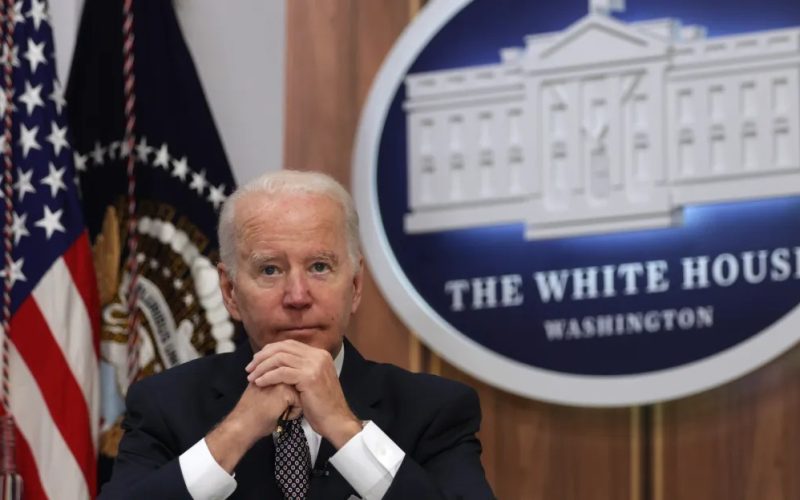The United States has extended its economic sanctions on Ethiopia, a continuation of pressure that began in response to the conflict in northern Ethiopia three years ago.
The U.S. government has been applying diplomatic and economic pressure, citing concerns that the war undermined its foreign policy interests and posed a broader threat to regional stability.
Although the conflict was officially halted through a peace agreement brokered by the African Union in Pretoria, South Africa, in late 2022, the U.S. extended the sanctions due to ongoing reports of human rights violations.
These alleged violations have raised alarm not only in Ethiopia but also across East Africa and within the United States.
Among the key actions taken by the U.S. is the extension of national emergency sanctions against Ethiopia, initially imposed in September 2021 under the International Emergency Economic Powers Act (IEEPA).
This legislation allows the U.S. president to declare a national emergency and apply economic sanctions in response to extraordinary threats to national security, foreign policy, or the economy.
The initial sanctions were set for two years, with President Joe Biden signing an extension in 2022 for another year.
Now, with the situation in northern Ethiopia reportedly unchanged, President Biden has extended the sanctions for a further year, until September 2025.
The White House announced the extension on its official website, noting that the ongoing human rights abuses and the instability in the region continue to pose a significant threat to East Africa and U.S. foreign policy.
In the letter signed by President Biden, it was emphasized that the current situation in northern Ethiopia remains critical and poses a serious risk to regional security and U.S. interests.
This has led to the continued enforcement of the IEEPA, which grants the U.S. president and government the authority to implement sanctions and other measures when foreign actions threaten national security.
Ethiopia has yet to respond officially to the latest extension of U.S. sanctions. However, in previous statements, the Ethiopian government has expressed its commitment to improving relations and lifting the restrictions imposed by the African Growth and Opportunity Act (AGOA), which allowed duty-free access to U.S. markets. Before the sanctions, Ethiopia had been earning over $100 million annually by exporting goods to the U.S. under the AGOA agreement.
The U.S. economic sanctions have also had significant effects on Ethiopia’s industrial sector, particularly the foreign companies operating within the country’s industrial parks.
These companies, many of which manufacture and export goods to global markets, have faced increasing difficulties due to the sanctions.
As a result, several businesses have been forced to leave Ethiopia, while others are waiting in hope that the AGOA ban will be lifted.
The fear now is that the extended sanctions may further damage Ethiopia’s economic prospects, potentially causing more companies to withdraw from the country.
This could have a long-lasting impact on Ethiopia’s economy, particularly in sectors that depend on foreign investment and access to international markets.
